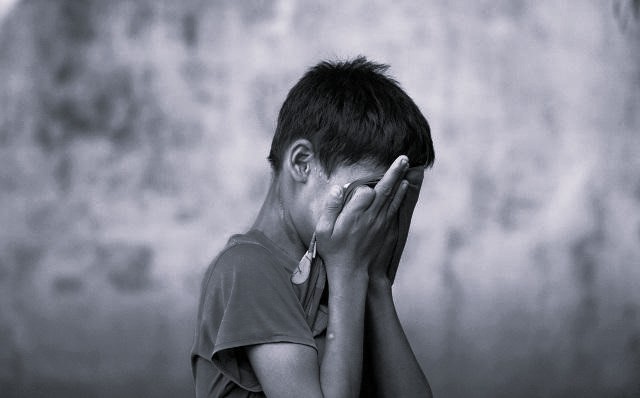Experts warn that rolling back the ban on corporal punishment would erode hard-won progress, violate global obligations, and leave children vulnerable to harm.
Bandaranaike Academy for Leadership and Public Policy (BALPP) Executive Director, Education Forum Sri Lanka Co-Founder, and former Secretary to the Ministry of Education Dr. Tara de Mel has expressed deep concern over the Government’s move to roll back a landmark child protection reform.
Sri Lanka, after years of progress towards safeguarding children, now stands at a crossroads. The Government is signalling its intention to reverse the Penal Code (Amendment) Bill, which sought to outlaw corporal and non-physical punishment in schools and institutional settings. This reversal would not only undermine decades of advocacy but also expose children to harm that global health bodies have unequivocally deemed avoidable.
A Dangerous Step Backwards
Experts warn that this rollback is a regressive move. After a clear policy trajectory towards criminalising harmful disciplinary practices, backtracking would weaken child protection and contradict evidence-based global standards. It risks leaving children vulnerable to violence and humiliation—practices proven to cause lasting physical and psychological harm.
Public Sentiment vs. Child Rights
President Anura Kumara Dissanayake recently stated that laws must reflect public sentiment, citing controversy around the proposed amendments. While democratic governance values public opinion, rights-based protections exist precisely to shield vulnerable groups when popular attitudes lag behind international norms. Child protection law must be guided by evidence and Sri Lanka’s obligations under the UN Convention on the Rights of the Child—not transient public moods.
Institutional Support and National Responsibility
The Human Rights Commission of Sri Lanka (HRCSL) has strongly backed the amendment, pointing to rising reports of child rights violations. A firm national stance is essential: enforceable laws banning corporal and degrading punishments, mandatory reporting, child-sensitive complaint mechanisms, counselling services, and public education campaigns to shift entrenched norms. State institutions must lead—not follow—on child protection.
Why Corporal Punishment Persists
Despite overwhelming global evidence, corporal punishment remains embedded in Sri Lankan schools due to cultural norms, intergenerational practices, and gaps in teacher training. Many educators believe harsh discipline ensures compliance, unaware of its long-term harm. Changing this mindset requires mandatory teacher training in positive discipline, community engagement, visible legal consequences, and campaigns showcasing better outcomes from humane methods.
Challenges and Solutions
Although the Ministry of Education has issued circulars prohibiting corporal punishment, enforcement remains weak. Schools struggle with large class sizes, resource constraints, lack of counselling services, and social pressure to “maintain discipline.” The Government must invest in teacher capacity building, reduce pupil-teacher ratios, fund school counsellors, and run parent/community outreach programmes. Circulars alone will not protect children—systemic change will.
Sri Lanka’s Global Commitments
Rolling back the amendment would place Sri Lanka in direct conflict with its obligations under the UN Convention on the Rights of the Child. The UN Committee has repeatedly urged states to prohibit corporal punishment to fulfil treaty obligations. Maintaining or strengthening the ban would align national law with these commitments and demonstrate genuine prioritisation of child rights.
The Cost of Violence
Research is unequivocal: corporal punishment increases aggression, anxiety, and depression; lowers self-esteem; impairs cognitive development; and leads to poorer academic outcomes. It perpetuates cycles of violence across generations. Positive disciplinary methods—restorative conversations, coaching, behavioural guidance—produce better self-discipline, empathy, and school attachment without harmful side effects.
What Must Change
Teachers need practical pre- and in-service training, mentorship, access to counsellors, and clear professional protections to adopt non-violent methods. Role-play, case studies, and follow-up coaching should be standard. Beyond schools, Sri Lanka needs sustained public campaigns, robust monitoring systems, and accountability measures linking school accreditation and teacher evaluations to compliance with child-friendly discipline standards.
Sri Lanka cannot afford to turn its back on children. Rolling back this amendment would not only erode hard-won progress but also send a dangerous message: that public pressure can override fundamental rights. Protecting children is not optional—it is a legal, moral, and societal imperative.
This is a edited version of an interview published by The Daily Morning.
